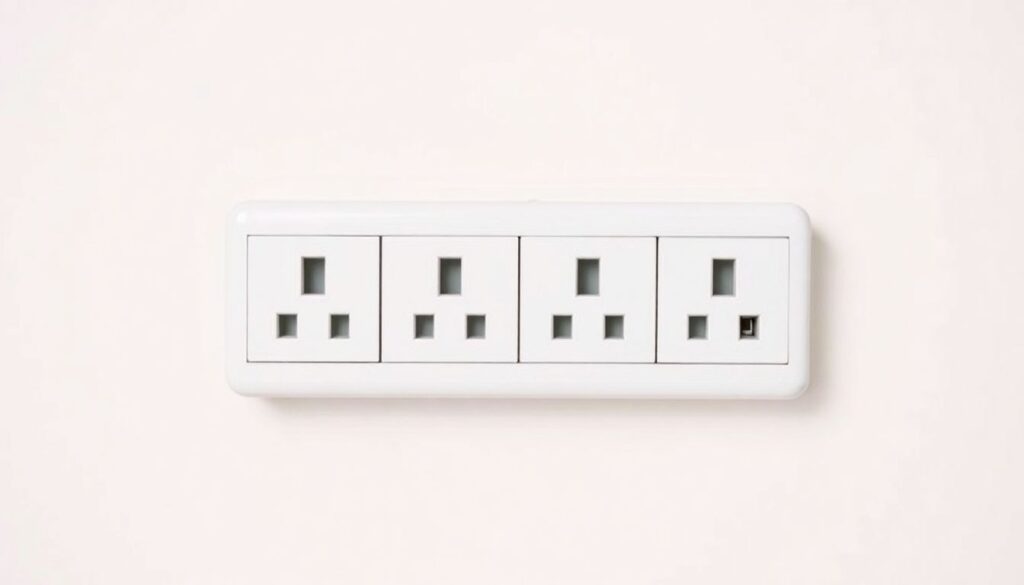Starting Fresh: Why Utilities Eat Up So Much of Your First-Time Budget
Let’s be real—setting up your first budget can feel like trying to juggle flaming swords. And then, out of nowhere, your utility bills show up and wreck the whole thing. If you’re trying to save on utilities with a first-time budget, you’re not alone. Many people underestimate just how much heating, cooling, water, and electricity can cost when they’re managing a household for the first time.
The good news? You don’t have to live in the dark or take cold showers to keep your wallet happy. With a few smart moves and some common sense, you can reduce utility bills with a new budget and still stay comfortable.
1. Know What You’re Working With

Before you can cut utility costs with first-time budgeting, you need a baseline. That means tracking your usage. Most utility companies offer online dashboards now (hello, 2025!), and they’re actually useful.
Check your electricity, water, gas, and even internet usage for the last 2–3 months. Look for patterns. Are your electric bills spiking at night? Is your water bill high even though you live alone? Understanding where your money’s going is the first step in budgeting for utilities—first-time guide 101.
2. Kill the Power Vampires

You’d be surprised how much electricity your devices suck up even when you’re not using them. Chargers, coffee makers, game consoles—they’re all guilty. A good way to cut utility costs with first-time budgeting is to unplug what you’re not using. Or better yet, plug them into a smart power strip that shuts off automatically.
Here’s a quick trick:
– Unplug everything in your living room for a day (except the fridge, obviously).
– Check your electricity usage before and after.
– You’ll probably notice a dip—and that’s savings you can repeat every day.
3. Smart Thermostats Aren’t Just for Techies
If you’re still adjusting your heat or AC manually, you’re missing out. Smart thermostats learn your schedule and adjust temps when you’re out. This is one of the easiest first-time budget utility savings tips that pays off fast.
Let’s say you work 9 to 5. Your thermostat can lower the heat while you’re gone and warm the place up 30 minutes before you return. That alone can shave 10–15% off your heating bill every month.
4. Water Waste = Money Down the Drain
Water might seem cheap, but leaks and bad habits add up. A dripping faucet can waste over 3,000 gallons a year. That’s not just bad for the planet—it’s brutal on your budget.
Try these water-saving hacks:
– Install low-flow showerheads (they’re cheap and easy to screw on)
– Only run your dishwasher and washing machine with full loads
– Fix leaks within a week—don’t wait
These small tweaks can seriously reduce utility bills with a new budget, especially if you’re living solo or in a small apartment.
5. Light Smarter, Not Harder
Still using incandescent bulbs? It’s 2025—time to switch to LEDs. They use up to 80% less energy and last 25 times longer. That’s a no-brainer if you’re trying to save on utilities with a first-time budget.
Also, get in the habit of turning off lights when you leave a room. Sounds obvious, but it’s easy to forget. If you’re forgetful, motion sensors or smart bulbs with timers can help automate the process.
6. Internet and Streaming: Bundle or Bust
We don’t always think of the internet as a utility, but it eats a chunk of your budget every month. If you’re paying for multiple streaming services, a gaming subscription, and high-speed internet, it adds up fast.
Here’s what you can do:
1. Audit your subscriptions—cancel what you don’t use weekly
2. Call your provider and negotiate a better rate (yes, this still works in 2025)
3. Look for bundles that combine streaming, internet, and even mobile service
This approach is often overlooked when people are budgeting for utilities—first-time guide readers, take note.
7. Forecast: The Future of Utility Savings in 2025 and Beyond
Looking ahead, utility bills are likely to keep rising. Climate change is increasing demand for heating and cooling, and infrastructure upgrades are being passed on to consumers. That means learning how to manage your utility budget now is more important than ever.
But here’s the silver lining: smart home tech is getting cheaper and more accessible. In the next few years, expect to see:
– AI-powered energy monitoring apps that give real-time feedback
– More incentives for solar panels and home battery systems
– Community-based energy sharing programs to help lower costs
If you start building good habits now, you’ll be ahead of the curve—and your wallet will thank you.
Bottom Line: Start Small, Think Long-Term
You don’t have to overhaul your life overnight to see results. Start with one change a week. Switch to LEDs, unplug unused devices, install a smart thermostat. The key is consistency. Every dollar you save on utilities is a dollar you can put toward something better—like travel, savings, or paying down debt.
Using these first-time budget utility savings tips, you can take control of your monthly expenses without sacrificing comfort. And the best part? Once these habits are in place, they pretty much run themselves.
Welcome to smarter living.
